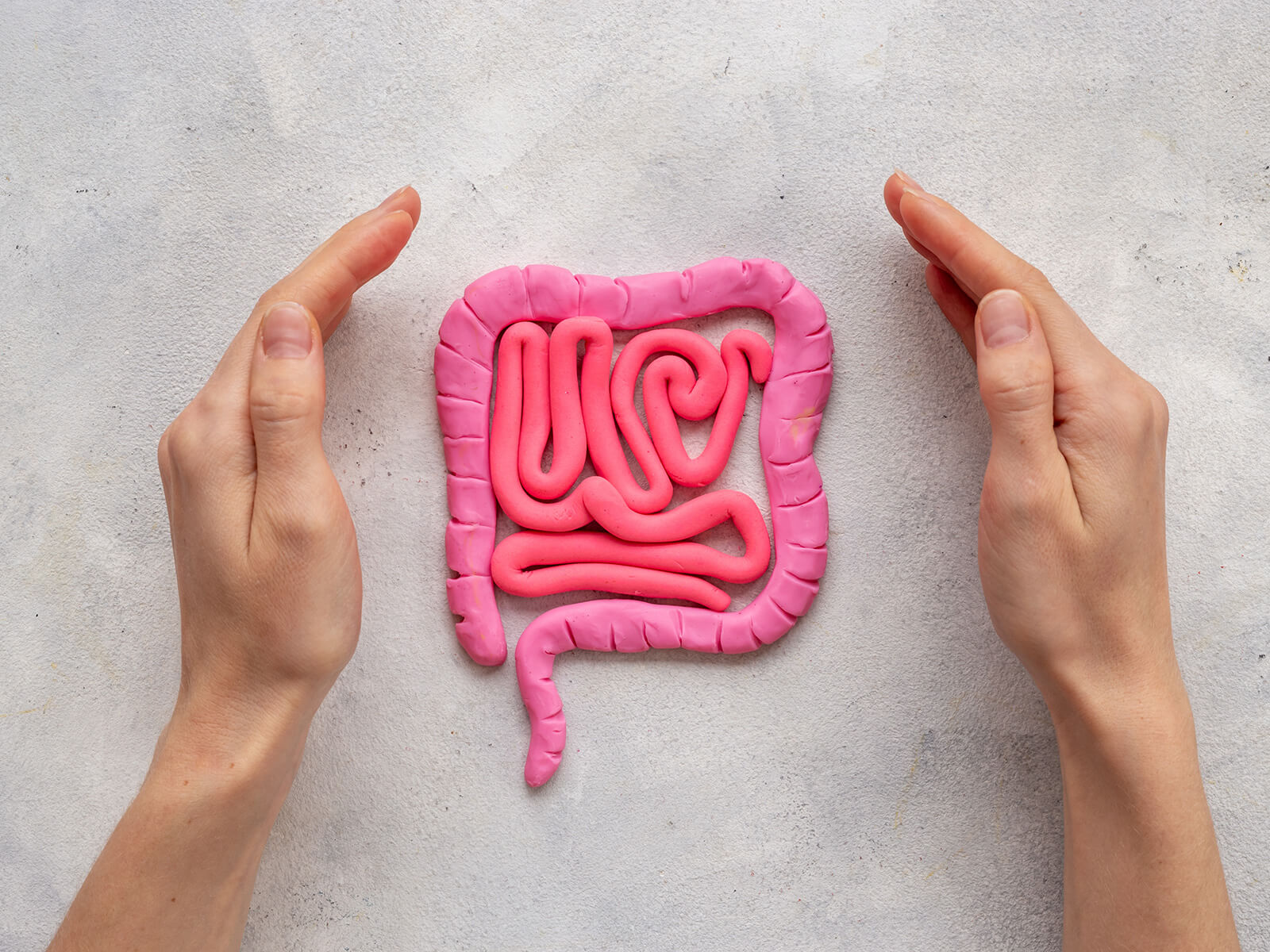
Colon cancer is a condition where the normal large intestine cells start to multiply out of control by the body. The colon is the last digestive tract. In cases where the abnormal cells develop to create a mass (tumor) may cause certain obstruction of the colon or their spreading (metastasize) to other organs. Early detection is however the most essential one and it goes a long way in enhancing the survival.
It is also helpful in early detection in order to be treated at an earlier stage. The symptoms may also differ depending on the individuals involved and depending on the gender but they may frequently include:
Though it is not that evident what makes one fall to colon cancer, nevertheless, there are a number of risks factors that can precondition you to the disease:
In our GastroDoxs board of gastroenterologists in Houston, the general approach to the treatment of colon cancer including advanced screening and early diagnosis, and customized treatment, and follow-up is what is being discussed. The combination of hi-tech technology and service care that is aimed at addressing the needs of patients helps us to go through it. You will accept being in charge of your health? They can have their colon cancer screening or appointment today and long-term health team that is committed to their wellbeing.
We've successfully treated more than 329 patients, helping individuals improve their digestive health and overall well-being through expert, personalized care.
With over 20 years of experience, GastroDoxs has been a trusted provider of gastroenterology care, focusing on delivering the best outcomes for patients
Women may drop some hints and these may be insidious and these may be founded on their persistent bloating, gastric emission, slight cramps in the stomach, or even the usual alteration of the nature of their feces. An evaluation should be requested in case the symptoms are not going to be cleared within several weeks.
Such symptoms as blood in the stool or unexplainable weight loss are the first symptoms that many patients can notice. The final diagnosis will occur through a colonoscopy whereby your gastroenterologist will be in a position to examine and biopsy any area suspected.
Stage 3 colon cancer means that the cancer is already developed into the lymph nodes located in the neighboring areas but not further to the distant organs. The most popular method of its treatment is a surgical excision of the tumor and the use of chemotherapy in order to avoid the chance of its re occurrence.
Stage 4 colon cancer means that the cancer has been transferred to other body organs like lungs or liver. It is more complicated and can be treated with the use of directed therapy, immunotherapy, and clinical trials that are also beneficial in treating the disease and raising the survival.
Yes. The red flags describe the alterations of the stool (diarrhea (chronic), constipation, reduced size, or blood or mucus). The accessibility of the information online could be helpful to present the pictures of what to pay attention to, but any kind of alteration should be the reason to seek medical help.
The major ICD-10 code of colon cancer 18 C18 is more specific (e.g. C18.0-C18.9) will indicate the part of the colon it affects. The appropriate code to be used in your diagnosis can be verified by your physician or medical coder.
The grade of survival is five years of existence depending on the stage of its diagnosis. The significance of the early detection and screening is evident in colon cancer that is diagnosed and treated at a high age with high survival rate of more than 90 compared to the survival rates of colon cancer which has advanced.
Generally, a good screening test: a clear colonoscopy, the absence of polyps or tumors-and the absence of persistent symptom, i.e., bleeding or any notable bowel changes are good. Nevertheless, remember to inform your physician about the new or recurrent symptoms.
The specialists say that at the age of 45 years or less a cancer of the colon screening is to begin in case of a family history of colon cancer, polyps or because of any uncomfortable symptoms. Early consultations can be conducted to make the patient receive a timely diagnosis and improved outcomes.
Search the gastroenterologists of a certified hospital or cancer facility when trying to find a board-certified colon cancer specialist. GastroDoxs will also be referred to in order to make personal referrals to the Houston qualified physicians.